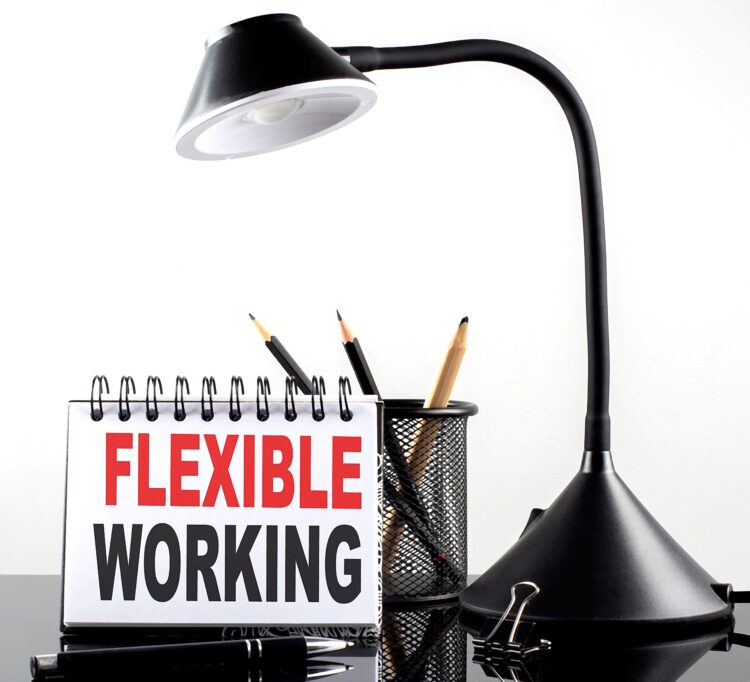Flexible working options contribute to employees’ sense of belonging, a study has found.
EY’s Belonging Barometer 3.0, which surveyed more than 5,000 workers across a range of industries globally, revealed that staff at organisations that enable flexibility have a greater feeling of inclusion at work.
Among respondents whose sense of belonging had been affected by hybrid working, economic volatility or ongoing disruption, this had increased because their company had become more flexible and had encouraged them to be more honest about their needs, opinions, personality and preferences.
Additionally, 45% of those surveyed revealed that flexible working, including being able to select their own working hours and location, was their top motivator for driving diversity, equity and inclusion (DE&I) within their own teams. According to EY, this highlights the importance of leaders in continuing to offer and embed flexible measures in today’s workplaces.
Karyn Twaronite, EY global vice chair of diversity, equity and inclusiveness, told Benefits Expert: “Today’s post-Covid workplaces have evolved, and so too have workers’ expectations. During a time of technological developments and economic uncertainty, workers expect greater flexibility and opportunities for advancement. Our third iteration of the EY Belonging Barometer finds that these aspects not only contribute to workers’ ability to be successful, but also to feel a sense of belonging at work.”
She highlighted that the surveyed showed hybrid and flexible models are even more important for women (21%) compared to men (14%), which she says demonstrates “the unique opportunity companies have to establish working practices that empower both men and women to bring their full selves to work, while being able to tend to their personal needs”.
Twaronite added: “From what we’ve seen within our own organisation, flexibility can actually bring people together, not pull them apart.
“And while flexible working is here to stay, leaders also have a responsibility to ensure there are clear opportunities for advancement within organisations. In fact, 66% of workers feel there are barriers to advancement within their company. When inequity and barriers to advancement exist, companies risk demotivation and lack of morale, when they could instead be striving to create an engaged and fulfilling workplace experience.”
When asked about pay, the majority of employees believe there is a level of inequity at their workplace, with just 6% reporting not feeling any.
In terms of feeling a sense of equity in the workplace, four in 10 (40%) of respondents cited equitable pay as the main contributor, with equitable performance evaluation and equitable work assignments in second and third positions, cited by 34% and 30% respectively.
Twaronite concluded: “Our survey reveals equitable pay may be the most effective way to address this, with it being the top contributor to a sense of equity at work (40%), followed by equitable performance evaluation (34%) and equitable work assignments (30%). Equity is the key to engagement and in order to attract and retain the best talent, it is critical that leaders prioritise providing their people with equitable paths for career progression.”












